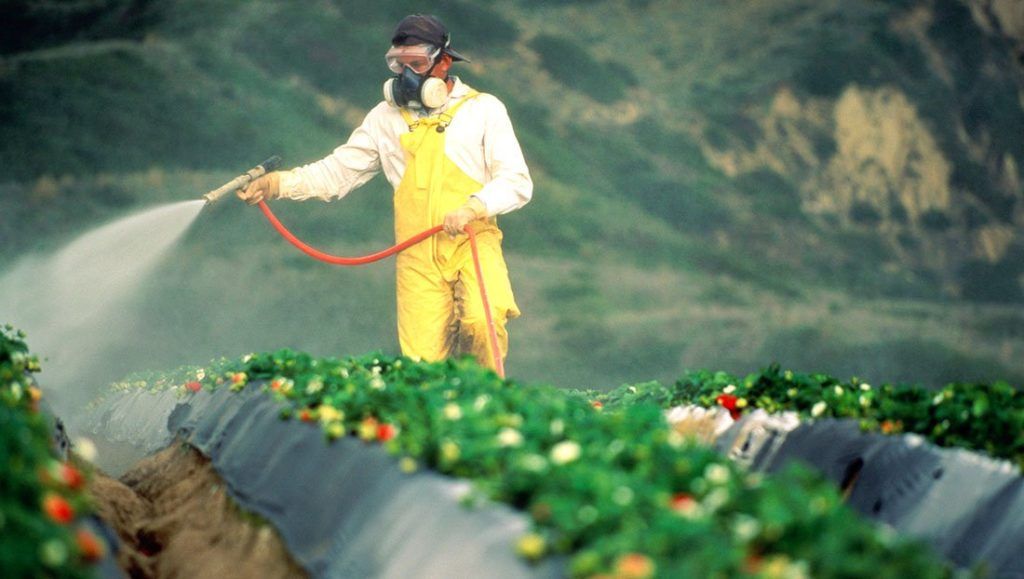A new large-scale study has found that exposure to the chemical glyphosate – the main ingredient in week-killer Roundup – increases the risk of getting cancer by over 40 percent.
According to researchers at the University of Washington, a meta-analysis of studies published between 2001 and 2018 found that glyphosate may have led to the cancers of millions of people.
Yahoo News reports: The findings, published in the online journal Mutation Research/Reviews in Mutation Research, suggested that the link between glyphosate and Non-Hodgkin Lymphoma is stronger than previously reported, with exposure to chemical linked with a 41 percent increased risk of developing the disease.
“Our analysis focused on providing the best possible answer to the question of whether or not glyphosate is carcinogenic,” added senior author Lianne Sheppard. “As a result of this research, I am even more convinced that it is.”
The team noted that previous reviews have produced mixed results about whether glyphosate is linked to an increased risk of cancer in humans.
However, they also added that the findings are consistent with results found in previous meta-analyses, with co-author Rachel Shaffer commenting that, “This research provides the most up-to-date analysis of glyphosate and its link with Non-Hodgkin Lymphoma, incorporating a 2018 study of more than 54,000 people who work as licensed pesticide applicators.”
“These findings are aligned with a prior assessment from the International Agency for Research on Cancer, which classified glyphosate as a ‘probable human carcinogen’ in 2015.”
The authors also acknowledged that their review shows a higher risk for Non-Hodgkin Lymphoma, which they say may be due to the fact that they focused on the highest exposure groups.
Glyphosate is the most widely used broad-spectrum systemic herbicide in the world, and was first introduced as a herbicide in 1974. Its use in the agricultural industry has increased rapidly since then, but it has come under intense scrutiny in recent months due to concerns that it can increase the risk of cancer in those exposed to it.
The researchers also recommend more studies to investigate the effect of increased exposure to glyphosate from “green burndown,” a practice introduced in the mid-2000s in which glyphosate-based herbicides are applied to crops shortly before harvest, meaning crops today are now likely to have higher residues of the chemical, which the researchers say may not have been included in the studies reviewed in this new research.

